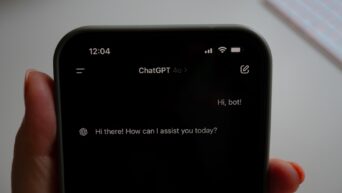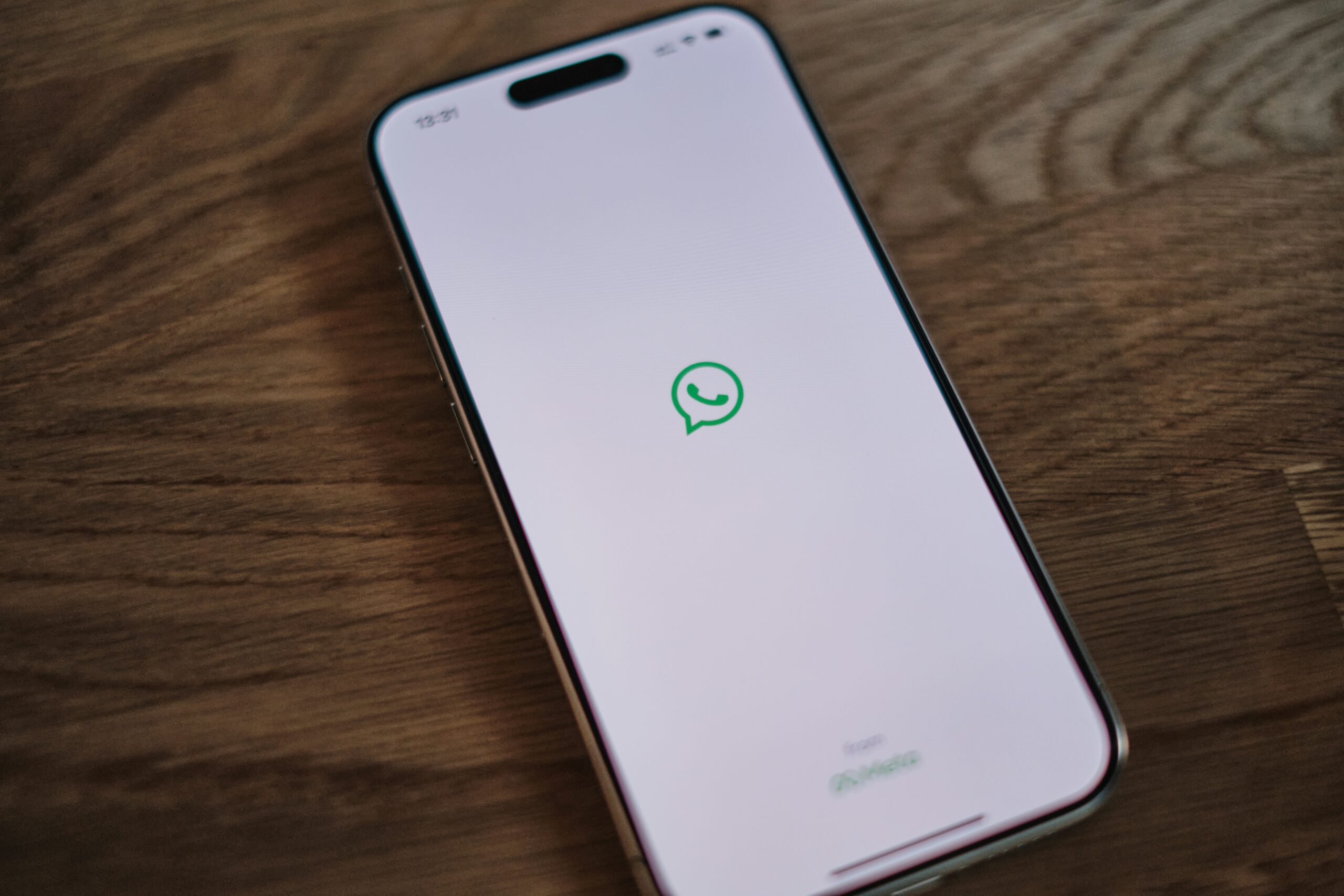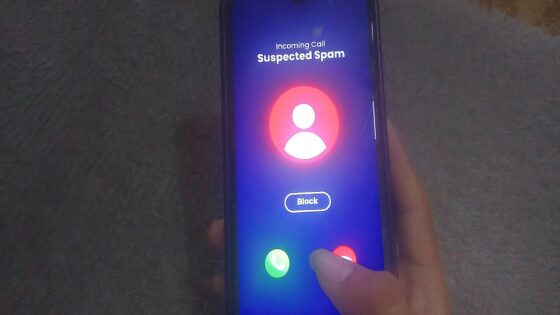Simple steps to secure your WhatsApp account from hackers and protect your personal data
In today’s hyper-connected world, WhatsApp isn’t just a messaging app — it’s a lifeline for communication, banking alerts, personal photos, and even work chats. That’s exactly why it’s become a tempting target for hackers and cybercriminals.
But don’t worry — protecting your WhatsApp isn’t rocket science. With just a few smart steps, you can guard your chats, contacts, and peace of mind from prying eyes.
Let’s break it down in a simple, friendly way.
1. Turn On Two-Step Verification
This is your first (and strongest) line of defense.
Two-step verification adds an extra layer of protection by asking for a PIN when you set up WhatsApp on a new phone.
Here’s how to enable it:
- Open WhatsApp.
- Go to Settings > Account > Two-step verification.
- Tap Enable, create a six-digit PIN, and add your email.
Don’t skip the email part — it helps you reset your PIN if you forget it.
2. Never Share Your Verification Code
WhatsApp sends a one-time verification code (OTP) when you log in. Scammers often try to trick you into sharing this code.
Golden rule: If someone asks for your OTP, they’re probably up to no good. No friend, company, or even WhatsApp itself should ask for it.
3. Lock Your App with a Fingerprint or Face ID
Adding a biometric lock is a great way to stop snoopers if your phone falls into the wrong hands.
To enable it:
- Go to Settings > Privacy > Fingerprint lock (or Face ID, depending on your phone).
- Turn it on and choose how soon WhatsApp should lock after use.
4. Be Smart with Profile Privacy
Your display photo, status, and even your “Last Seen” time can reveal more than you think.
You can customize who sees what:
- Head to Settings > Privacy, then adjust:
- Last seen & Online
- Profile photo
- About
- Status
Choose “My Contacts” or “Nobody” for added privacy.
5. Watch Out for Suspicious Links and Attachments
If someone sends you a weird link or file — even if it’s from a friend — pause and think. Cybercriminals often hijack accounts and spread malware this way.
Tip: Don’t click on links unless you’re 100% sure they’re legit. When in doubt, double-check with the sender.
6. Keep WhatsApp Updated
WhatsApp rolls out regular updates to fix bugs and patch security holes.
Set your phone to auto-update, or make a habit of checking for updates in the App Store or Google Play.
7. Be Cautious of Impersonators
If someone messages you claiming to be a family member asking for money, be careful — this is a growing scam.
Always verify by voice or video call before taking action. Never send personal info or money without confirmation.
8. Log Out of WhatsApp Web After Use
Using WhatsApp Web on a public or shared computer? Always log out when you’re done.
To manage your linked devices:
- Go to Settings > Linked Devices and review where your account is active.
9. Avoid Third-Party WhatsApp Mods
Apps like GBWhatsApp or WhatsApp Plus might seem fun, but they’re unofficial and risky. These versions aren’t secure and can expose you to malware or even get your account banned.
Stick to the official version from the app store — it’s safer and better supported.
10. Review Your Chat Backups
If you’re backing up your chats to Google Drive or iCloud, remember that these backups may not be end-to-end encrypted unless you enable it.
To turn on encrypted backups:
- Go to Settings > Chats > Chat Backup > End-to-end Encrypted Backup, then follow the prompts.
Final Thoughts
Staying safe on WhatsApp doesn’t mean being paranoid — it means being prepared. With a few thoughtful settings and a bit of awareness, you can enjoy all that WhatsApp has to offer without giving cybercriminals a way in.

































